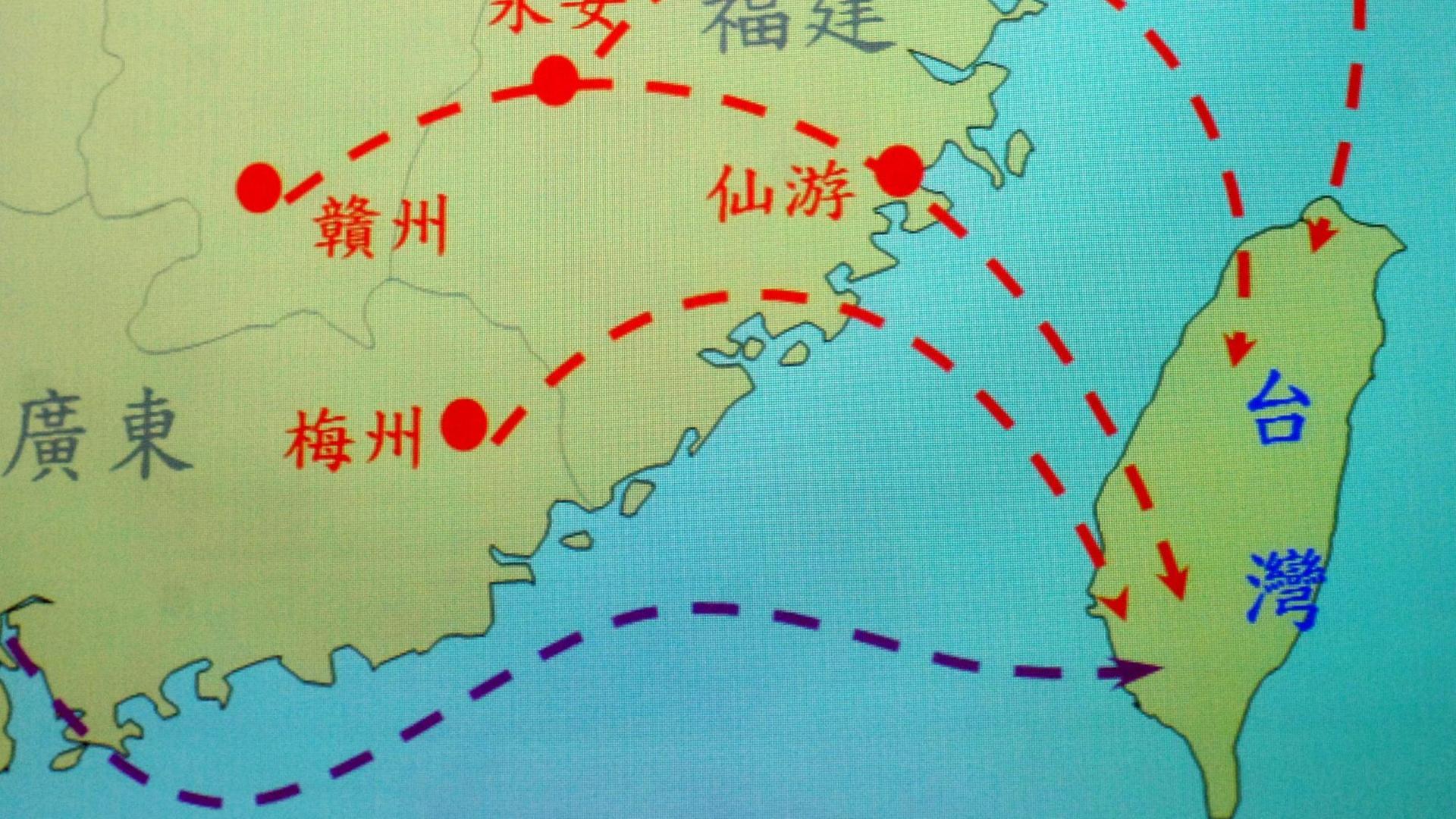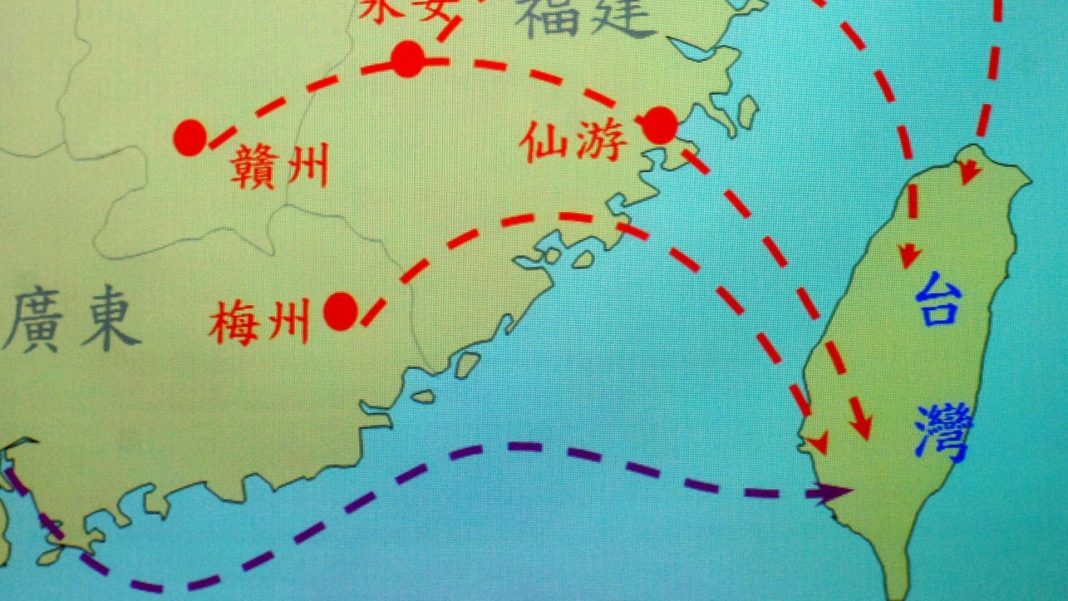 Taiwan, like other countries such as the United States, Europe, and Japan, has decided to diversify its sourcing and investing away from China. This shift in strategy is driven by similar reasons among these economies – rising wages in China, decreased reliability, and increased impositions from Beijing. The business community in Taiwan has taken steps to reorient its investments, trading, and sourcing towards Southeast and South Asia, with some investments even going to the United States.
Taiwan, like other countries such as the United States, Europe, and Japan, has decided to diversify its sourcing and investing away from China. This shift in strategy is driven by similar reasons among these economies – rising wages in China, decreased reliability, and increased impositions from Beijing. The business community in Taiwan has taken steps to reorient its investments, trading, and sourcing towards Southeast and South Asia, with some investments even going to the United States.
Unlike other countries, Taiwan has taken a lower profile in its rejection of China’s business due to diplomatic considerations. However, the actions of Taiwan’s business community speak volumes, mirroring the rejection seen in the United States, Europe, and Japan. While politics and public announcements may differ, the underlying business reasons for rejecting China are consistent.
For decades, China was seen as an attractive destination for production due to its cheap labor costs and reliable operations. However, in recent years, this balance has shifted dramatically. Chinese wages have risen faster than in other parts of the world, eroding its cost advantage. Beijing’s recent obsession with security has also made China more intrusive than ever before.
The signs that Taiwanese businesses are moving away from China are clear. Although China remains Taiwan’s largest trading partner, its share of Taiwanese trade has steadily declined since 2021. On the other hand, Taiwan’s total trade with Southeast Asia has experienced significant growth. Taiwanese investment flows into China have been decreasing since 2010, with a nearly 40 percent drop in 2023 compared to the previous year. Investments in Southeast Asian countries such as Singapore, Vietnam, Indonesia, Malaysia, and Thailand have been on the rise.
This shift in trade and investment patterns not only affects Beijing economically but also has security implications. As Taiwanese trade and investment grow in Southeast and South Asia, the Asian community of nations becomes increasingly invested in Taiwan’s stability. This broader interest makes it more likely for these nations to resist any Chinese efforts to disrupt Taiwan. While these nations may not have the military might to check a Chinese takeover, their involvement complicates Beijing’s posturing towards Taiwan.
In conclusion, Taiwan’s decision to diversify its investments and sourcing away from China aligns with the strategies adopted by other major economies. Rising wages, decreased reliability, and increased impositions from Beijing have led businesses in Taiwan to seek alternatives. The shift towards Southeast and South Asia not only presents economic challenges for China but also increases the security implications surrounding Taiwan.


